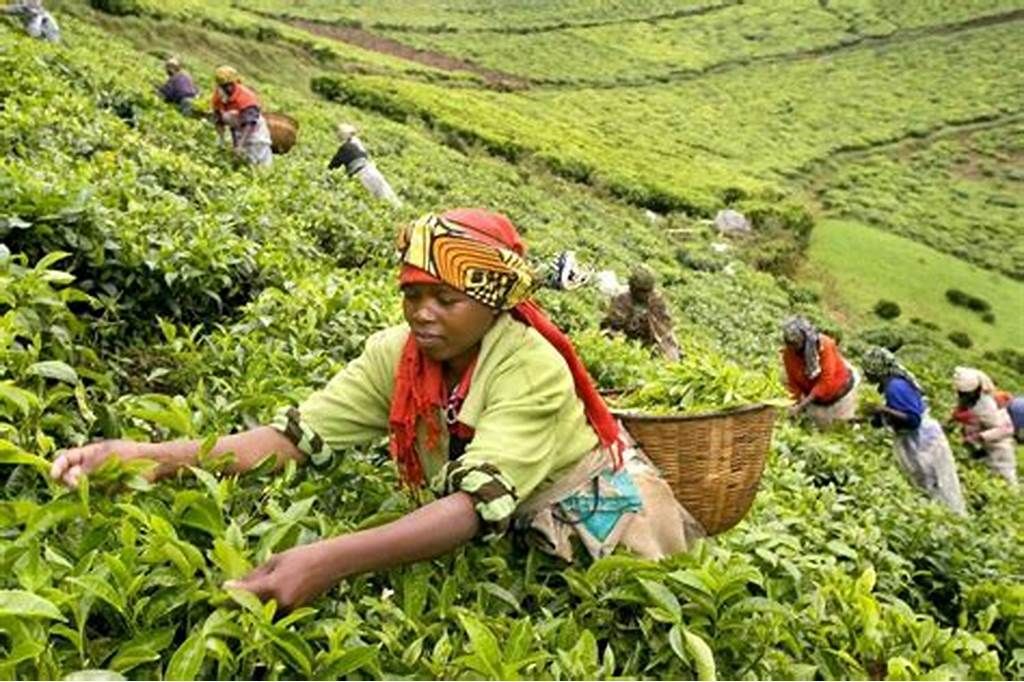In the picturesque landscapes of Thyolo and Mulanje in Malawi lies a story that stretches back centuries, a tale of how tea, now synonymous with these regions, came to be. The history of tea in this part of the world is deeply intertwined with colonialism, tracing its origins to the late 19th century when European settlers, predominantly of white descent, established vast tea plantations in these lush, mountainous terrains.
The invasion of Thyolo and Mulanje by white settlers was not merely about the pursuit of agricultural wealth but also a strategic move to expand colonial territories. British colonizers, drawn by the fertile soils and favorable climate, seized control of these areas, displacing indigenous populations and reshaping the landscape to suit their agricultural ambitions.
The introduction of tea cultivation to Thyolo and Mulanje marked a significant shift in the region's economic landscape. The plantations, initially established by European companies, relied heavily on forced labor, with local communities coerced into working on the estates under harsh conditions. This exploitative labor system, reminiscent of the dark legacy of colonialism, left a lasting impact on the social fabric of the region.
Despite the tumultuous history of its origins, tea production in Thyolo and Mulanje has flourished over the years, becoming a cornerstone of the local economy. The region's tea estates, now mostly owned and managed by Malawian companies, produce some of the finest teas in the world, renowned for their unique flavor profiles and exceptional quality.
Today, the legacy of colonialism looms large over Thyolo and Mulanje, shaping the socio-economic dynamics of the region. The tea industry, while a source of employment and revenue, also reflects the enduring inequalities and injustices of the past. Efforts to address these historical injustices, such as land reforms and initiatives to empower local communities, remain ongoing, highlighting the complexities of post-colonial development.
As Thyolo and Mulanje continue to navigate the legacy of their colonial past, the story of their tea industry serves as a reminder of the enduring impact of history on the present. It is a narrative of resilience and adaptation, of a landscape transformed by the forces of colonialism yet imbued with the spirit of a people determined to shape their own destiny.


